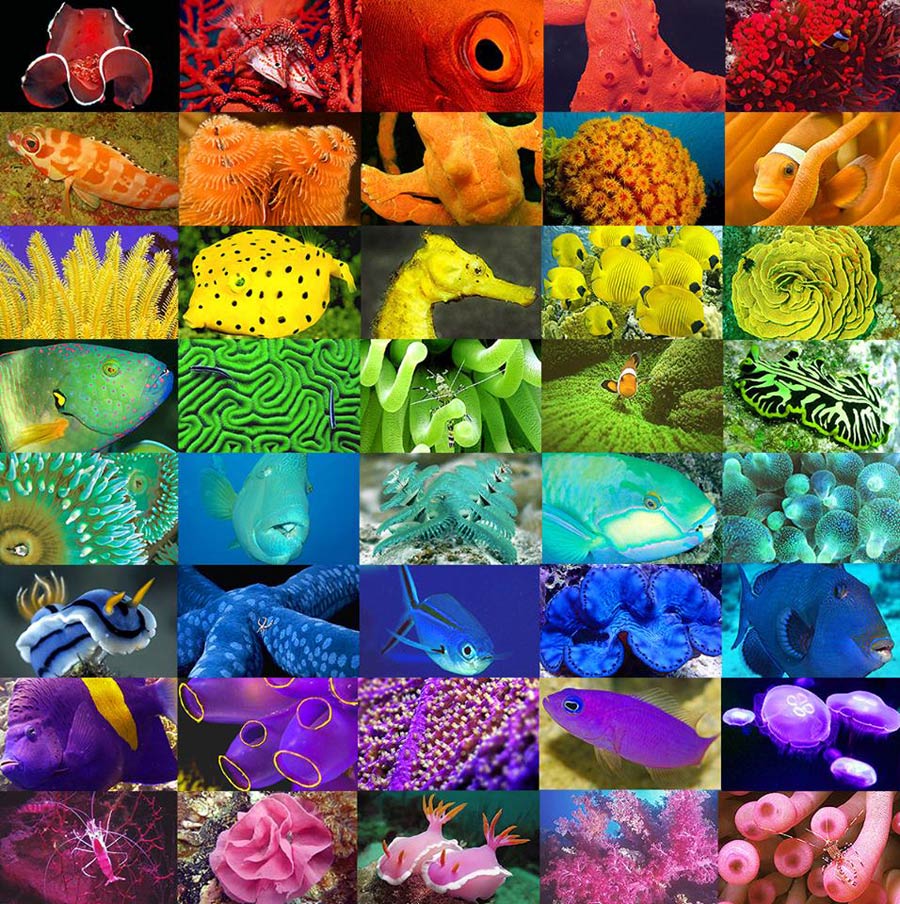The weather in Egypt is the typical dry desert climate with sunshine all year round and possible rainfall (few hours during 3-4 days) usually in December and January. During the winter (November – April) the air temperature is around 18° max. 25° C. In January and February night temperatures can drop to 10°C. In the summer (May – October) air can reach 40°C. Humidity is generally very low so the high temperatures in the peak summer month are not really uncomfortable.

The average water temperature in the winter months is 21 ° C and around 27-29 ° C in the summer months.
We dive all year round. During winter (mid-November to the end of March), it is a bit cooler but has the advantage that the hotels, beaches and dive sites are not overcrowded.
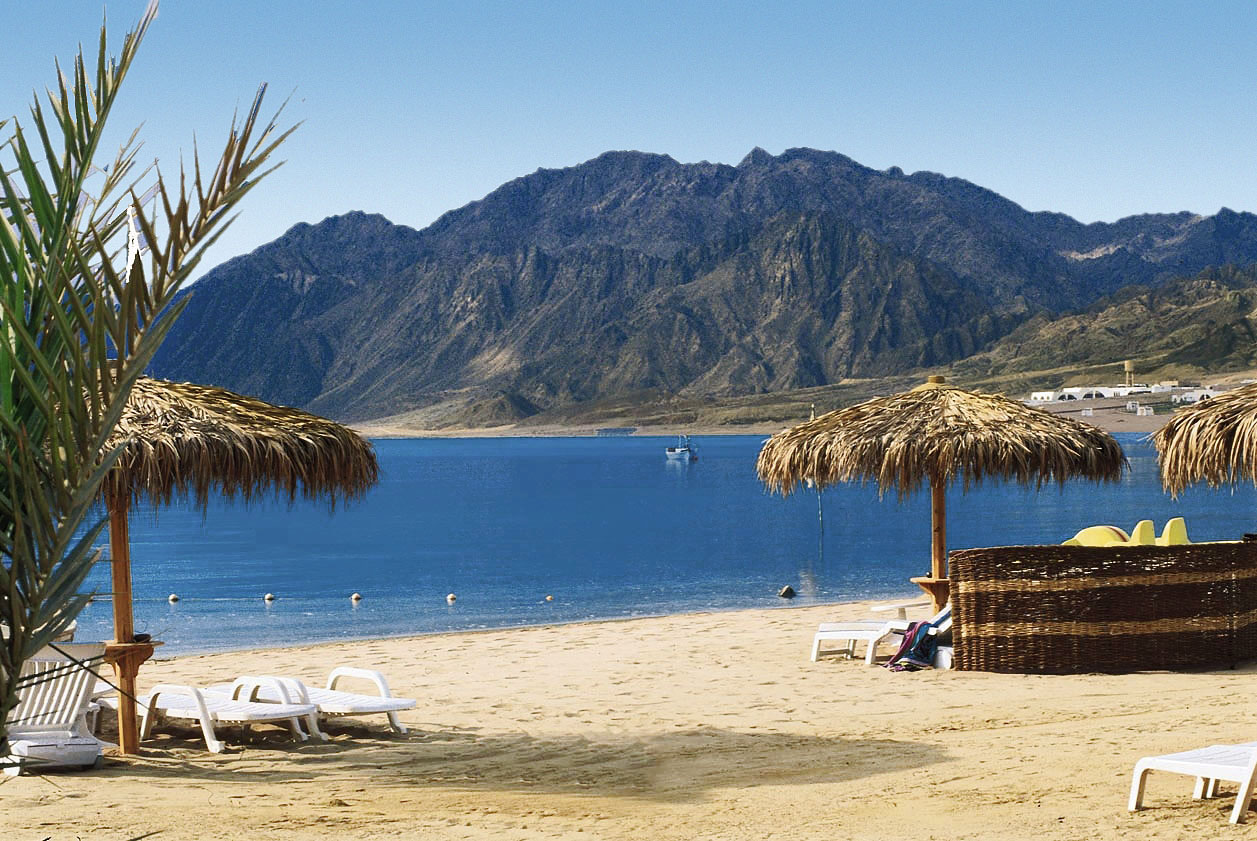
Cash in US Dollars, Euros, Swiss Francs or Pounds Sterling is commonly accepted. Most hotels and banks will change money for you, provided you have your passport for identification. Exchange rates will vary, so shop around. Credit cards are accepted at many shops and restaurants. Cash machines to withdraw money by credit card are also available almost everywhere.
Depending on your personal sensitivity, we recommend a 5-7mm wetsuit or semi-dry suit for the winter season, especially when doing a third dive. A hooded vest is helpful as well. It is also advisable to take a hooded sweatshirt with you since it can be pretty windy in winter. During the summer season, a 3-5mm wetsuit is sufficient. Gloves are not really needed and are actually forbidden by the National Park regulations.
Do you rent diving equipment?
We have the full range of diving gear for rent. All sizes of 5 mm top or long John wetsuits and full 5 mm one piece for colder water temperatures. We do recommend having your own mask that you know fits you well. If you wear prescription glasses, make sure that you either get some contact lenses or a prescription mask.
Sinai Visa regulations: Upon arrival at Sharm El Sheikh International Airport, you will be asked if you need a “Sinai only” visa or a “full Egypt” one. If you plan on staying in Sinai (Sharm El Sheikh/Dahab/Nuweiba/Taba, St. Catherine monastery then you only need the Sinai one. If you plan on visiting Cairo, diving the S.S Thistlegorm or crossing any borders then you need the “Full Egypt” one at 25 USD/person. If you enter the country from Israel, special procedures apply.
Dahab is a significant tourist destination with visitors from around the globe. The people easy-going, Egyptians and foreigners alike. But Islam is still very present, and it is expected to show respect and modesty, especially the way you dress. One should avoid too tight and exposed clothing. Topless on the beaches is forbidden, and changing openly in public after a dive is a no-no.
At present, no inoculations are required to travel to Egypt. The best advice when travelling to Egypt is to avoid eating raw greens and ice in your drinks. We would recommend using local-specific medication to deal with diarrhoea/digestive. Pharmacies do sell most medicines without a prescription. Sun protection is essential and due to the high air temperatures is very important to take care of sufficient fluid intake. A minimum of 3 ltr. of fluid (ideally water) per day is advisable. There are several medical facilities and Hospitals in Sharm el Sheikh, Dahab, Hurghada and Marsa Alam.
Any diving-related accidents or injuries will be treated in modern decompression chambers with a 24-hour call-out service. The chamber doctors speak several languages and have special training in hyperbaric medicine.
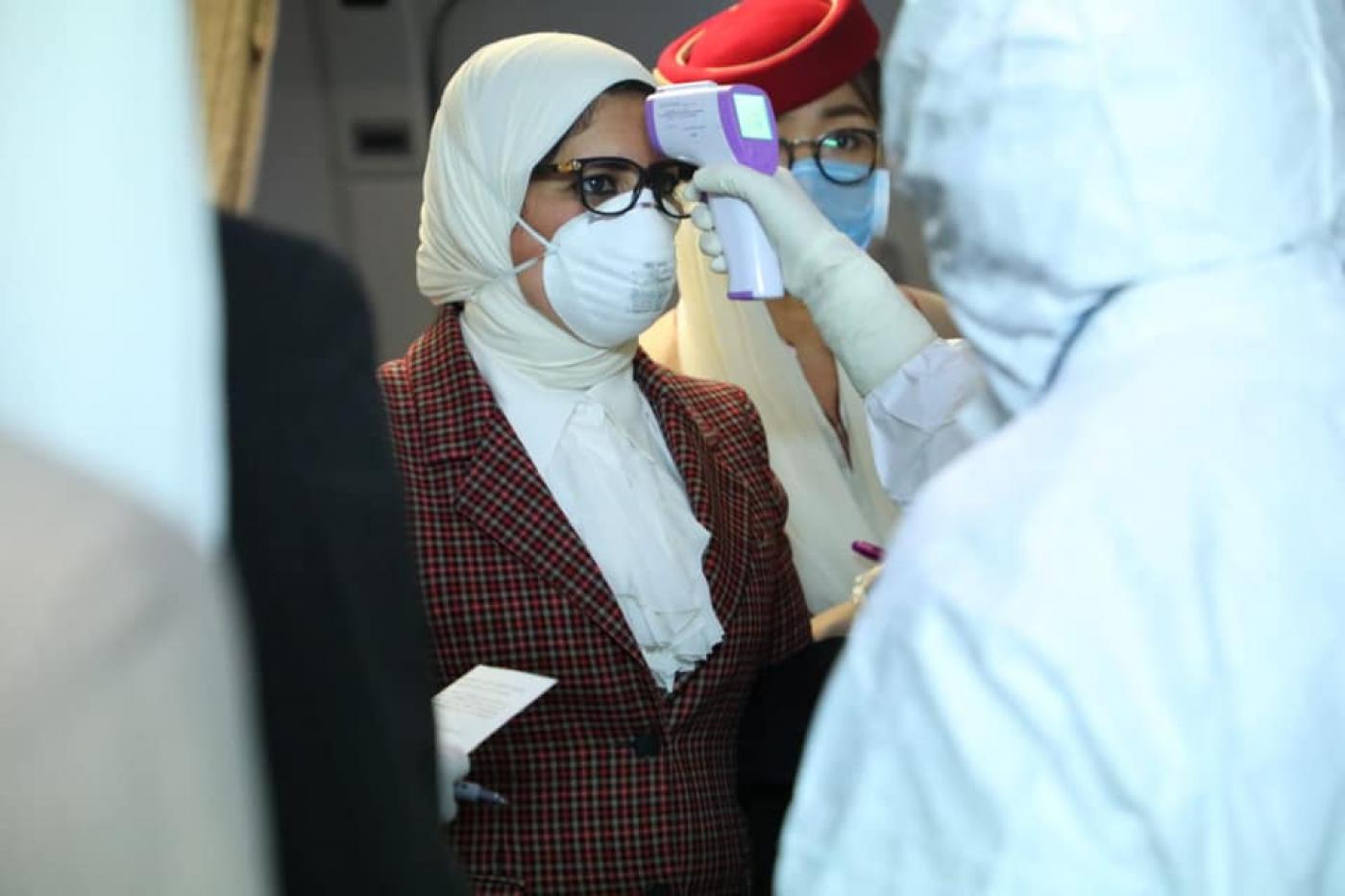
Local COVID-19 measures in place for Egypt
It is mandatory to wear a mask in public, and you may be denied entry to vehicles and public transport without one Hotels have resumed operations and must follow new health guidelines that include limits on capacity and hygiene standards There are restrictions on public gatherings.
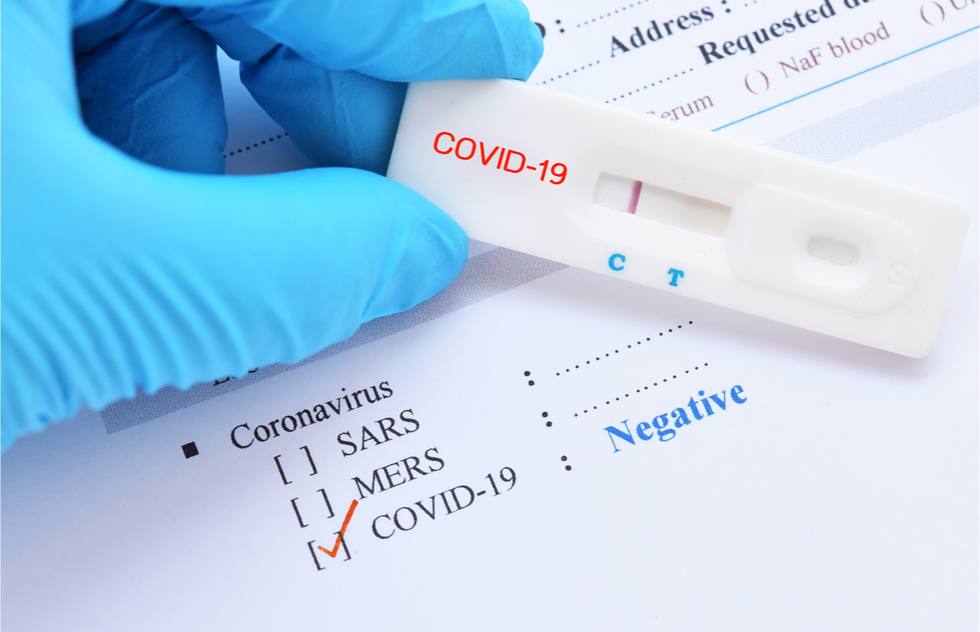
All passengers travelling to Egypt (including Egyptians) must be in possession of a negative PCR test certificate for COVID-19, taken at a maximum of 72 hours before their flight departure time. The proof of the test result must be available in Egypt in English or Arabic.
Rules and restrictions may be changed at short notice, including curfew hours which may be reimplemented if there is a spike in cases of COVID-19. It is important to stay up to date with local news and media and follow the travel advice from your government.
The Sharm El Sheikh International Airport manages Sharm El Sheikh’s domestic and international travellers.
There are daily/weekly direct flights from some European countries. The flight time is between 4 and 7 hours (depending on the country of departure). International flights come through Cairo with Egyptair. Domestic Flights take around 1 hrs. to Sharm el Sheikh airport. Airlines flying to Sharm el Sheikh, among others depending on the season, are Pegasus and Turkish Airlines, via Istanbul and Egyptair, via Cairo.
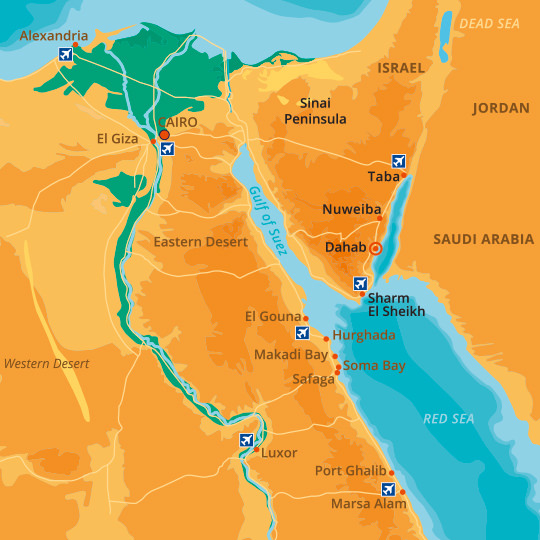
The transfer from the airport to Dahab takes about 1 hour.

Dahab Road
If you travel from a European country, we advise you to book your Flight, Hotel and transfers with a tour operator. Their package deals are usually much cheaper than booking Hotel and flights separate.
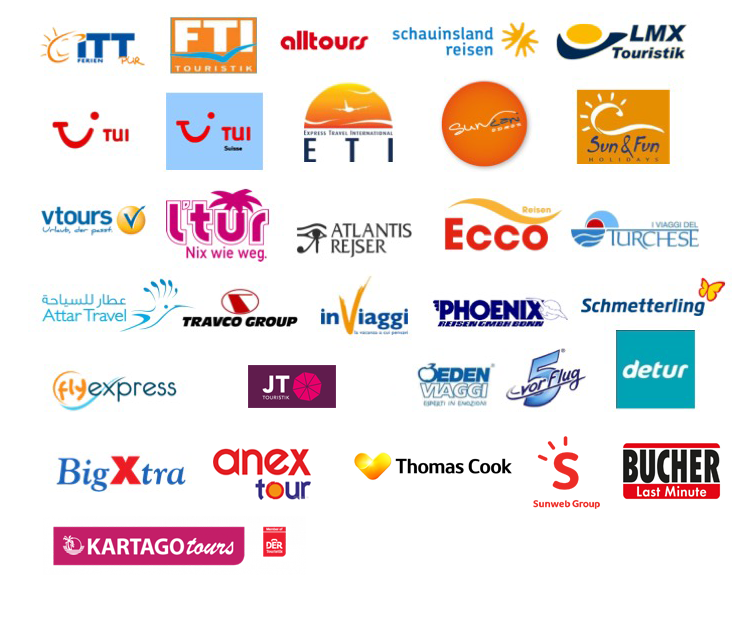
Egypt Standard Time is 2 hours ahead of Greenwich Mean Time (GMT+2). Egypt operates Daylight-Saving Time between the last Friday in April and the last Thursday in September when the clocks are 3 hours ahead of Greenwich Mean Time (GMT+3).
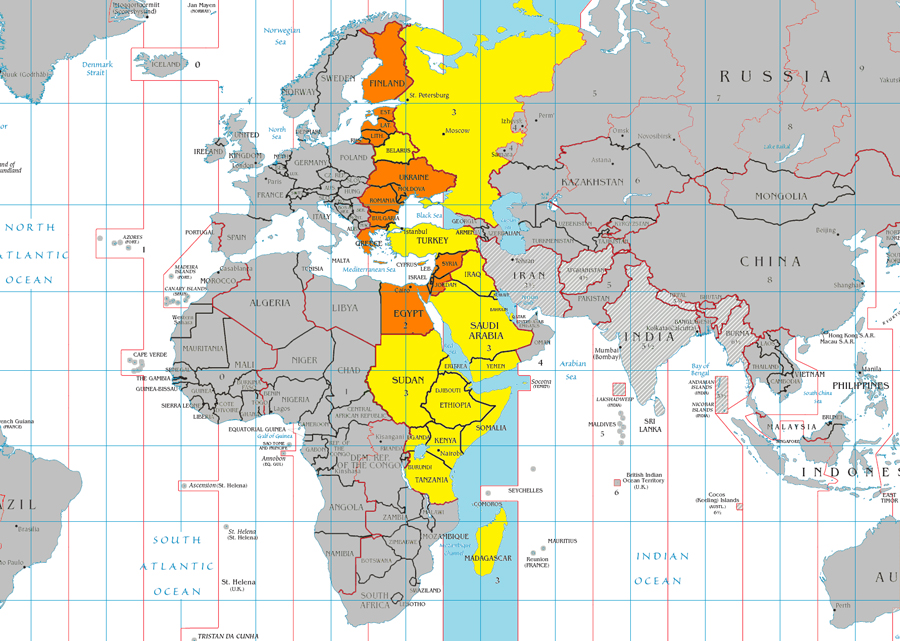

The Bedouin village of Dahab is about 90 km North of Sharm el Sheikh on the East coast of the Sinai Peninsula. The name Dahab means ‘gold’ in English and was named after the shimmering gold-coloured sandy beach. The region of Dahab stretches across a vast plateau of rock and sand and emerged from a small oasis where Bedouins once settled. Diving camps were set up in the areas and developed into a diving and holiday paradise in the past few years. The atmosphere is relaxed; most travellers come for scuba or free(apnea) diving, others to windsurf, kitesurf, or just taking it easy. The centric area is called “The Lighthouse” bay; there are many cosy bars, typical Shisha places, restaurants, and lots of shops situated along the seafront.
Among Divers known as one of the best wall – and cave diving destinations in the Red Sea.
Due to the slightly colder water, coral growth is quite different than in Sharm El Sheikh and further south of the Red Sea. The dominant species are Acropora, Brain- and Stone coral, Leather- and Black coral. Only on some site, you will come across Soft corals due to regular currents. Fish life is represented by the typical Red Sea Reef dwellers, Trigger- and Surgeonfish, all kind of Groupers, Emperor- and Parrotfish. With some luck, you can observe larger Pelagics such as Jacks, Barracudas, Reef sharks or even a Whale shark.
